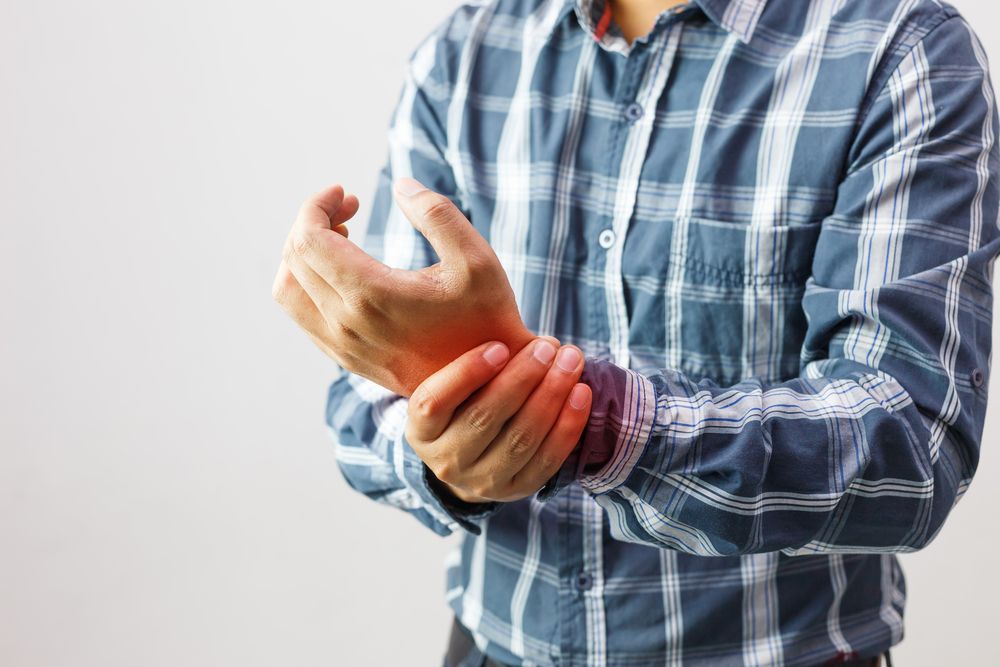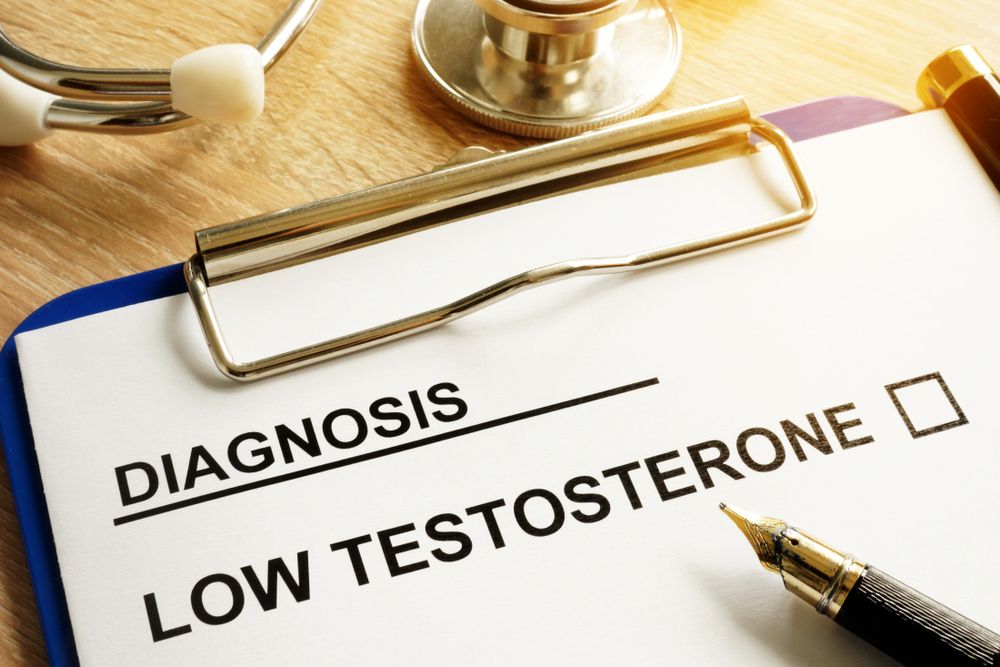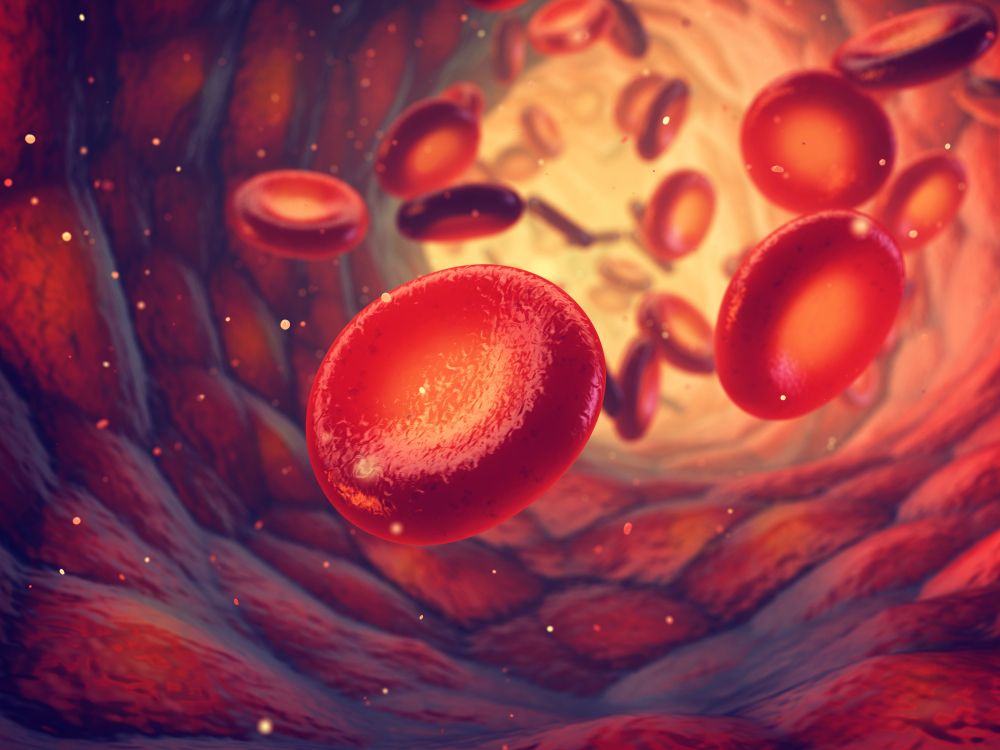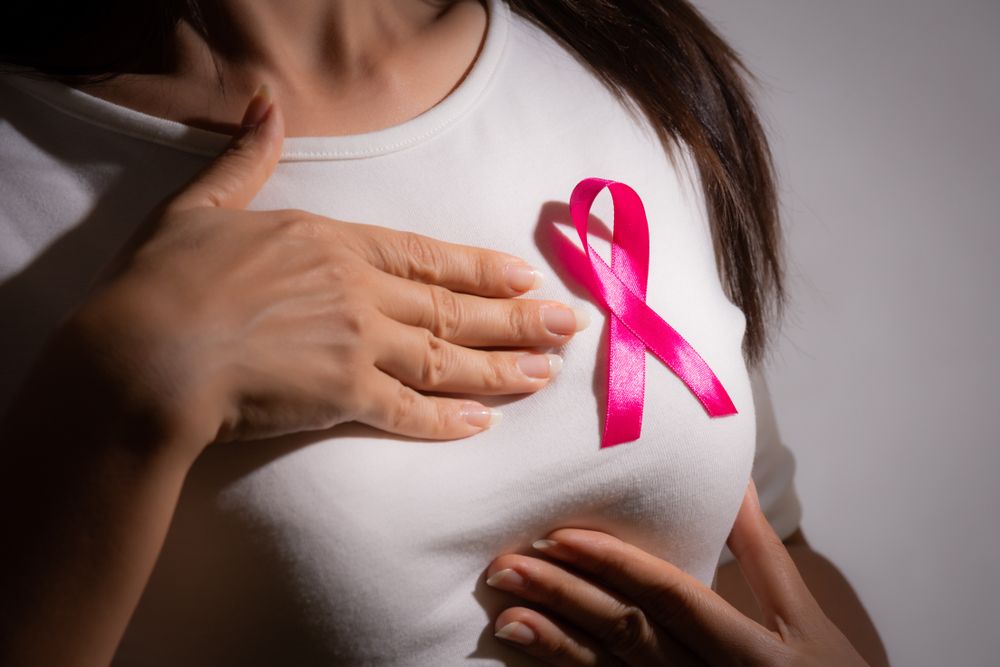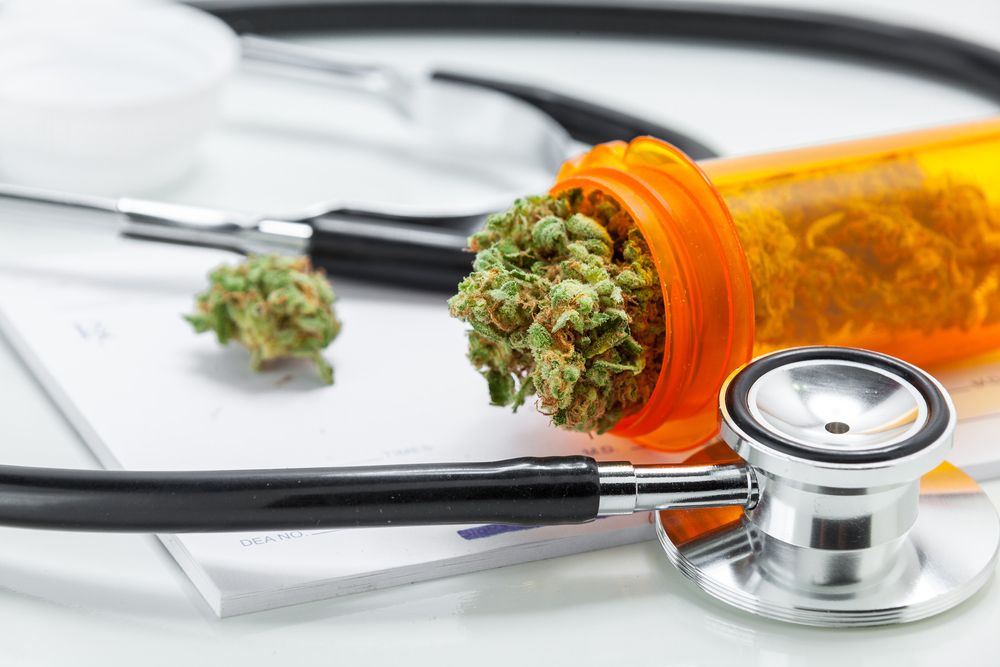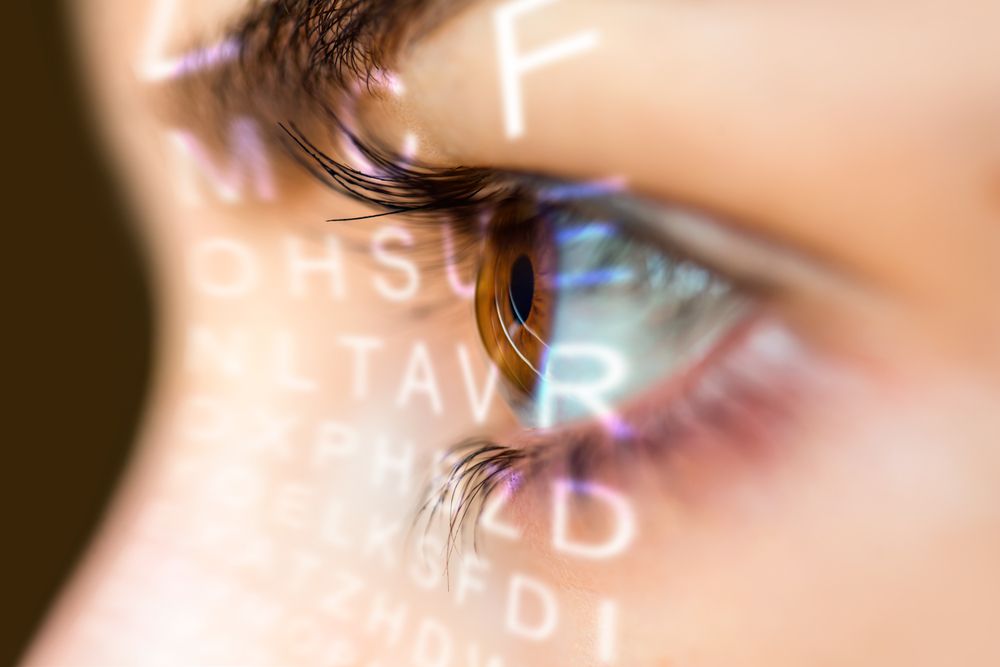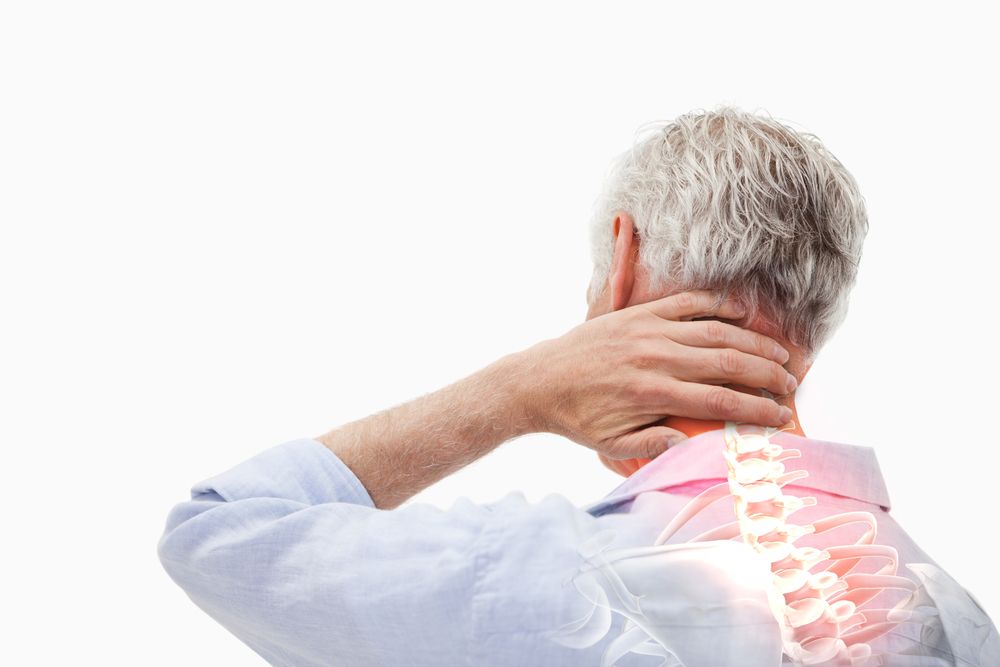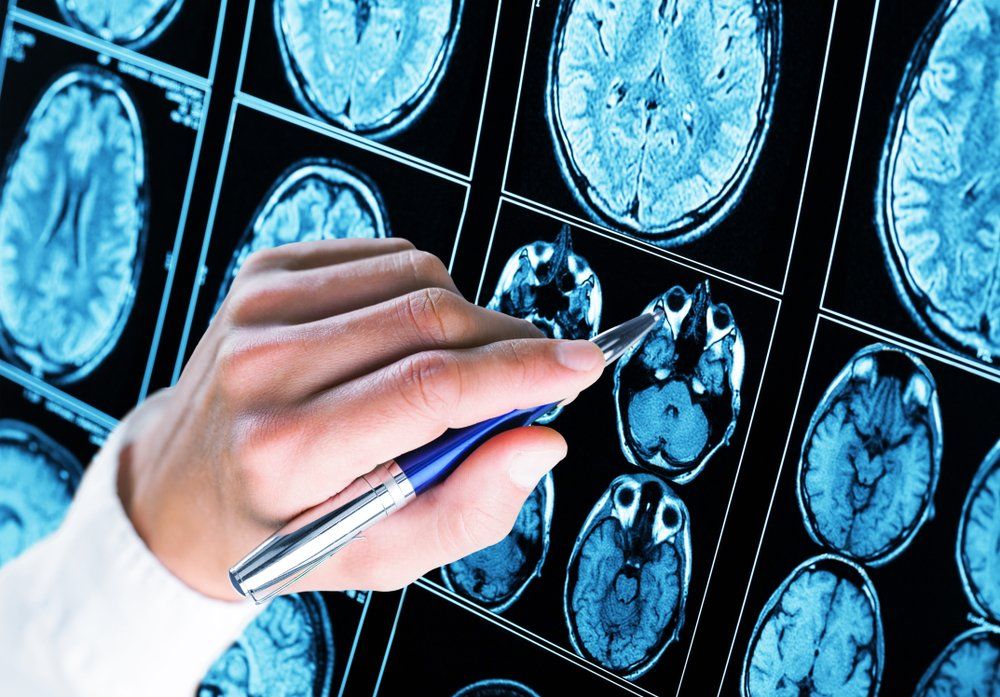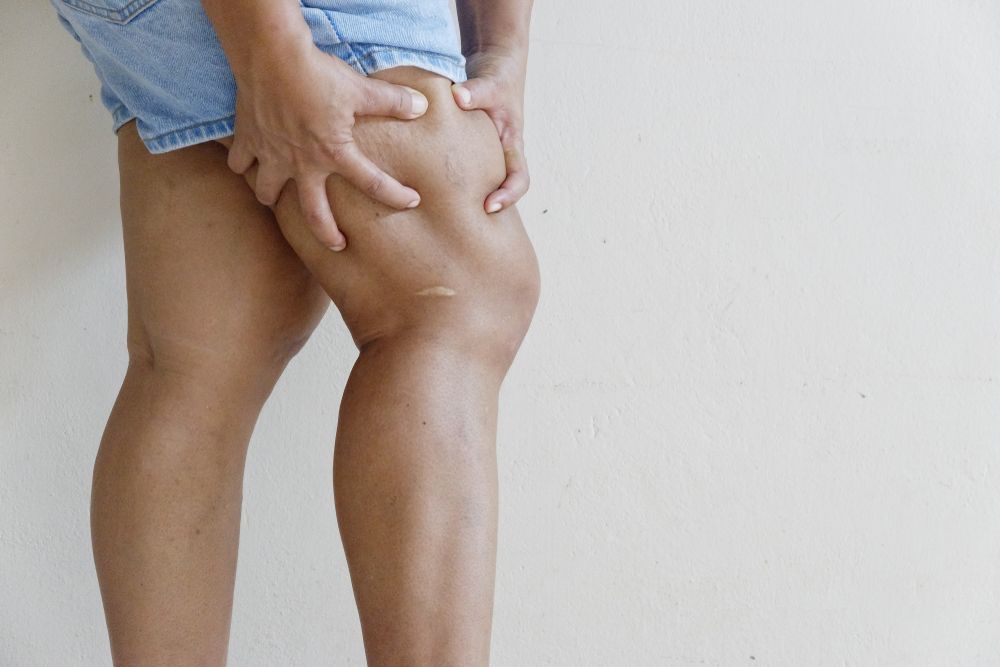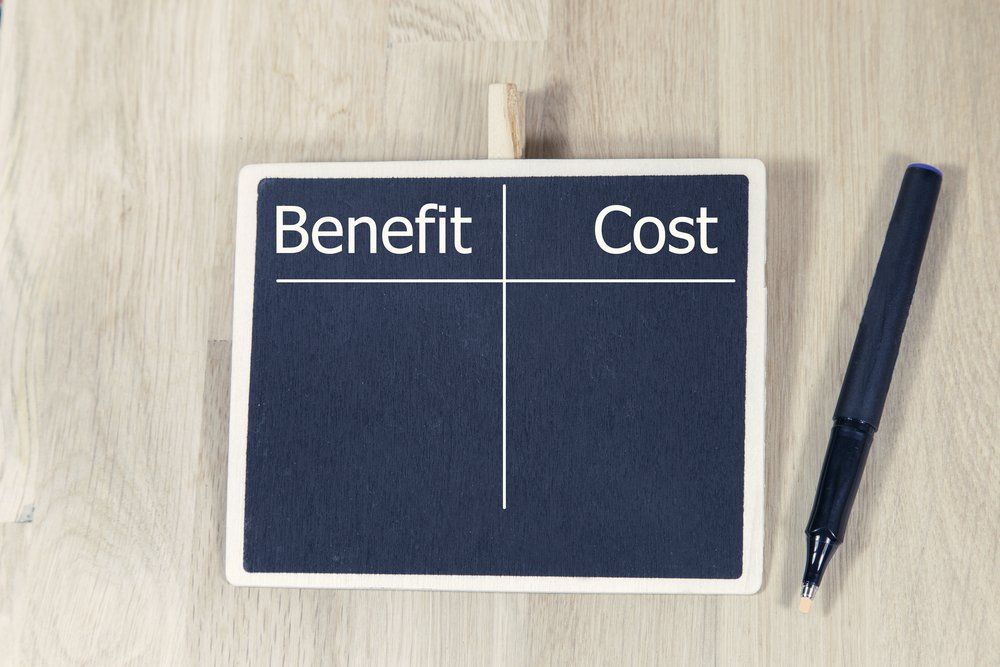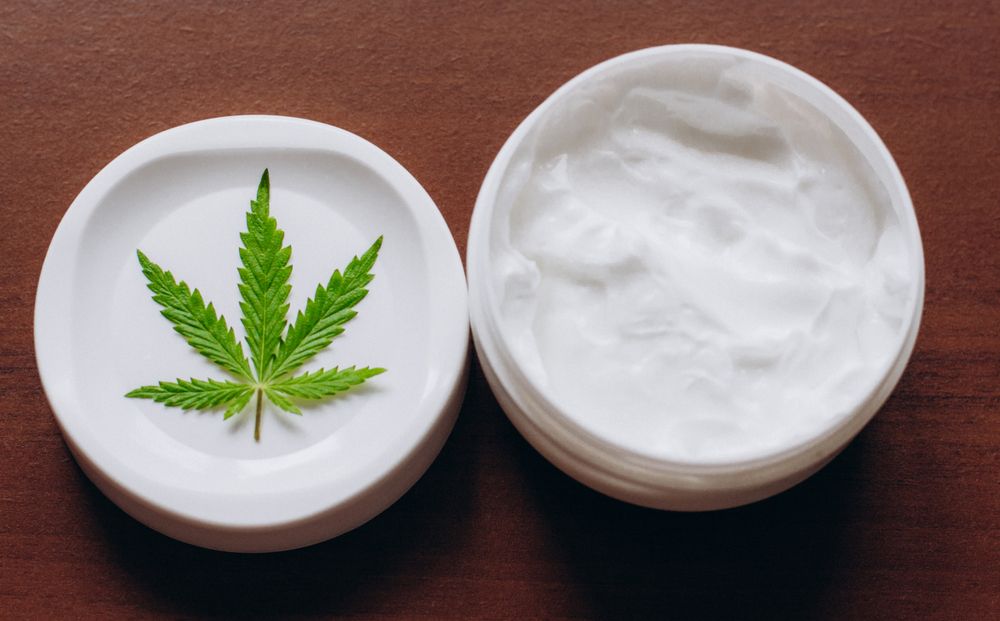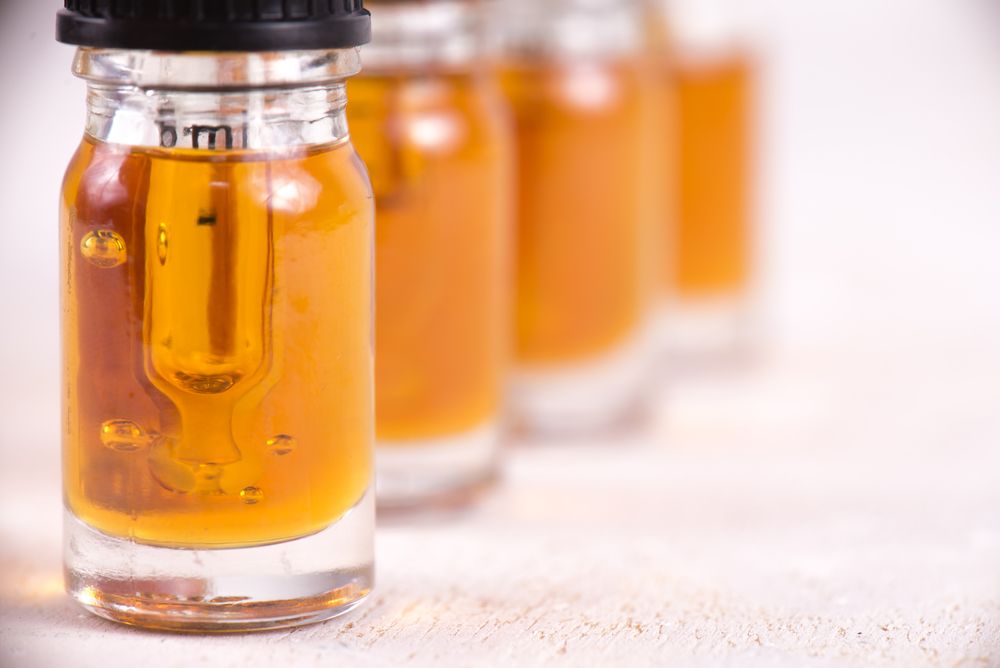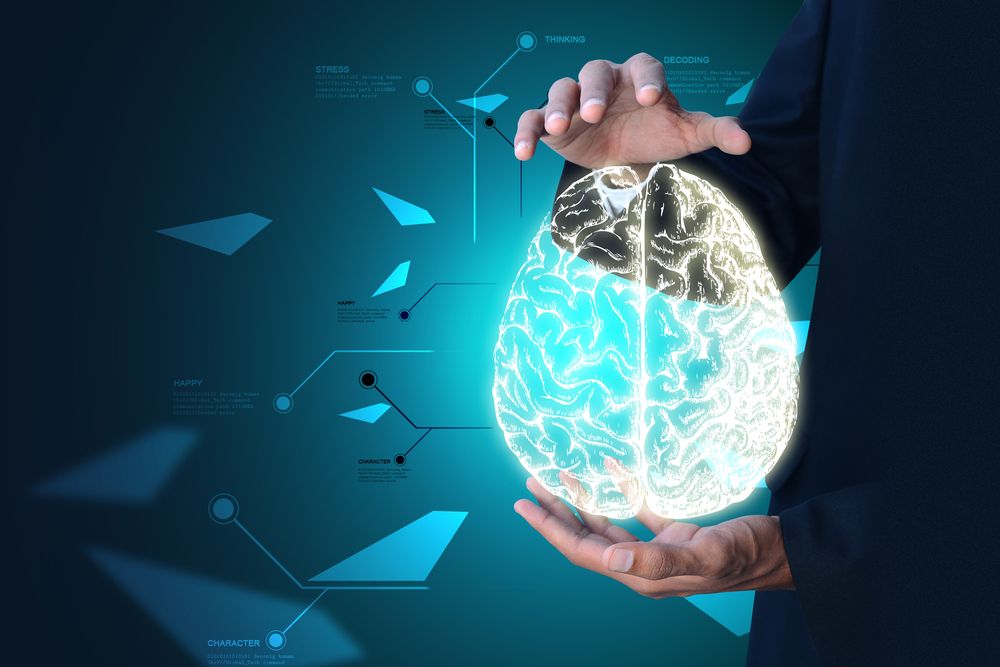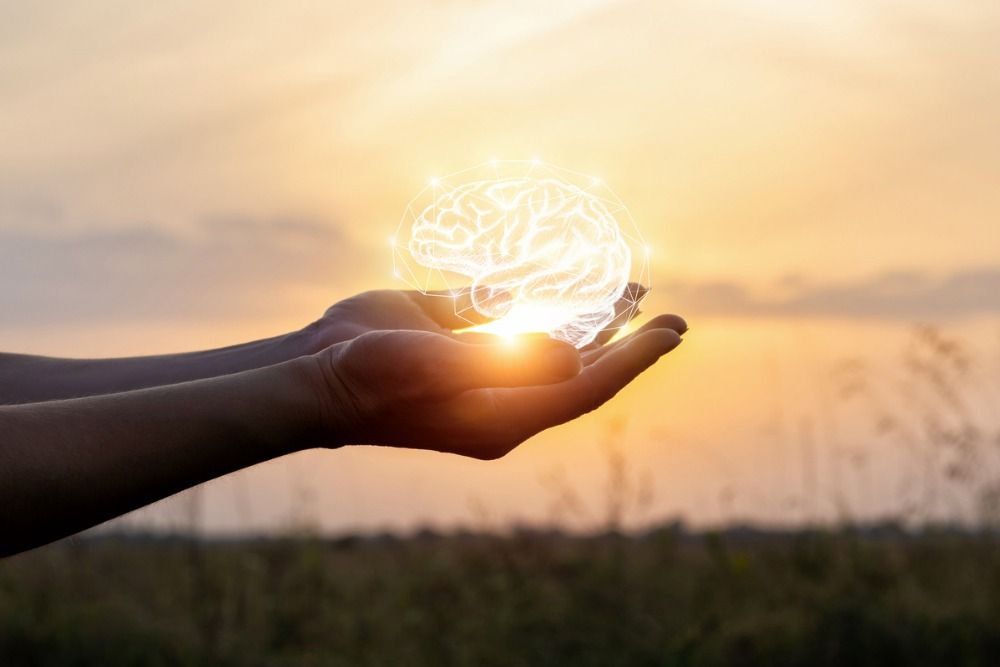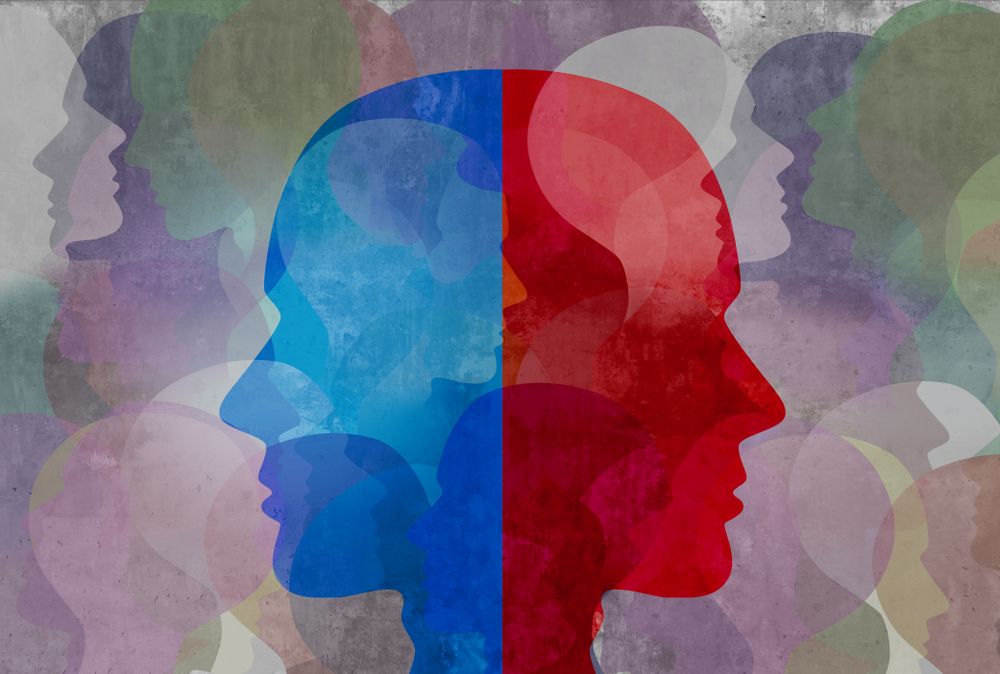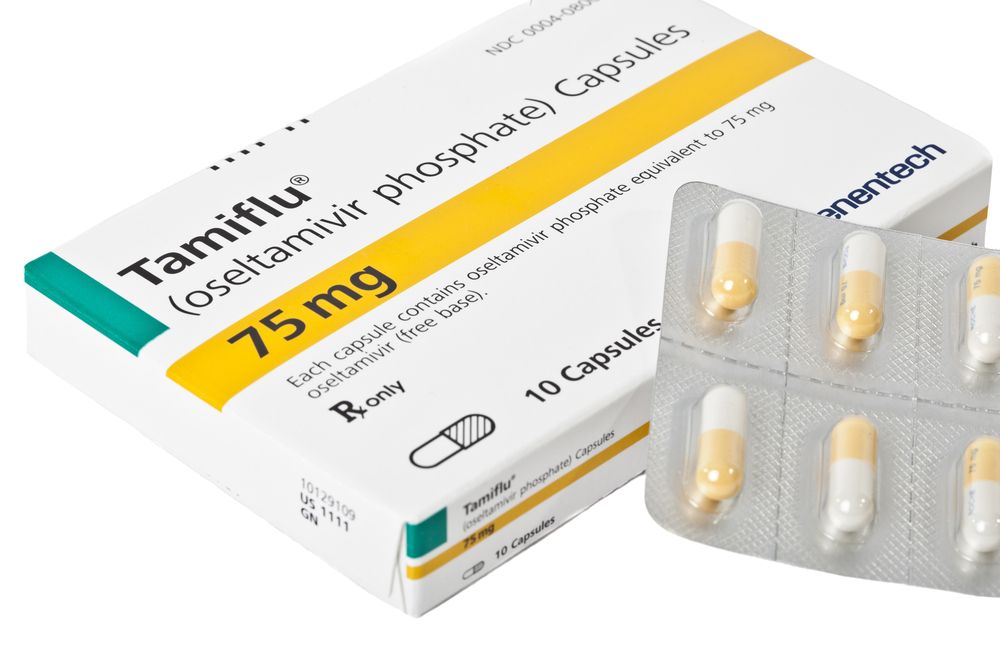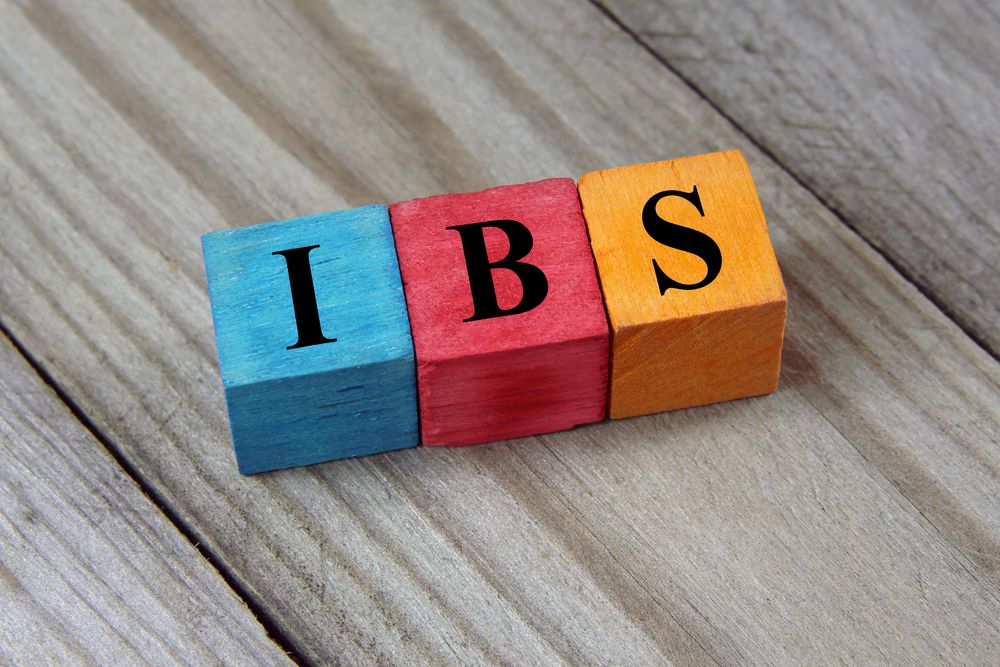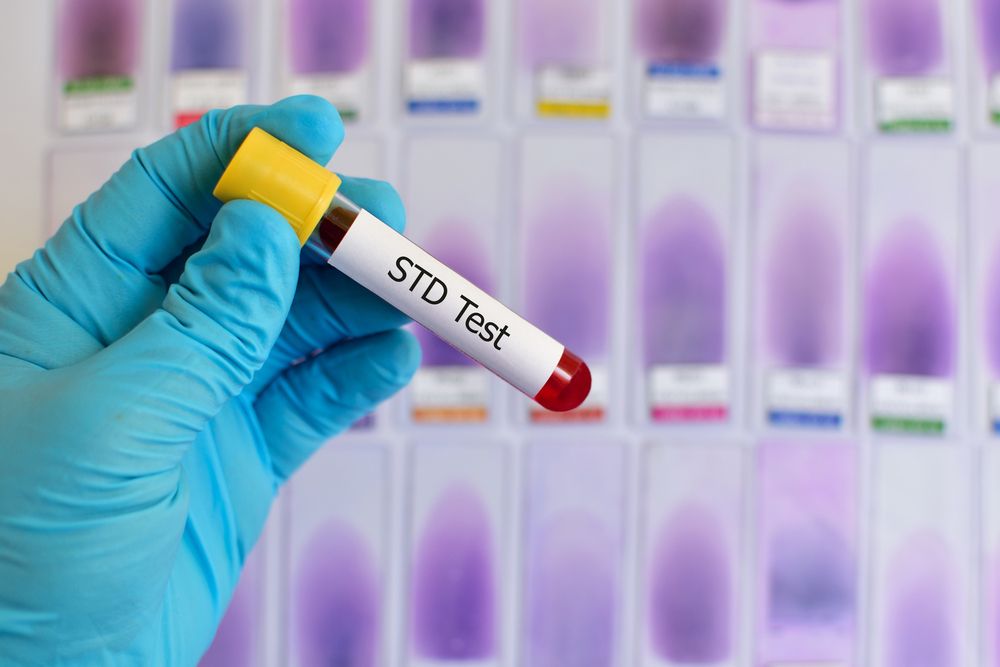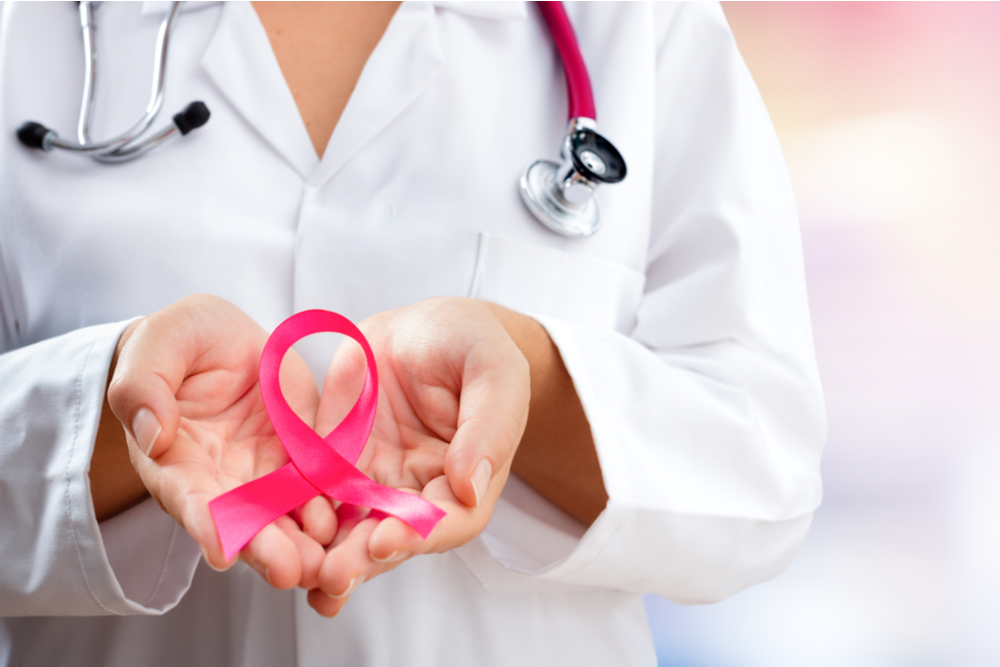Today, people in the U.S. are becoming more health-conscious. Many are taking proactive steps to prevent illness and disease and improve their quality of life. In addition to exercise and a healthy diet, some are incorporating natural remedies, like acupuncture and herbal medicine, into their lifestyles. (Learn More – The Trend Toward Natural Remedies)
Acupuncture originated in China hundreds of years before the common era and has remained an essential part of ancient and modern traditional Chinese medicine (TCM).
During an acupuncture session, a practitioner will insert thin needles into specific points throughout the body. These points are carefully mapped out using TCM’s theory of energy meridians, which links the points to the body’s organ systems. In TCM, the theory behind acupuncture relates to increasing and clearing blocked qi — the vital life force that may become stagnant or decreased.
Modern western researchers don’t fully understand how acupuncture works, although they believe it relates to a physiological or neurological response to the needle’s activation. Studies and research have proven acupuncture to be an effective treatment for many conditions, including chronic pain, headaches, and anxiety. (Learn More – Acupuncture)
Herbal medicine is also rooted in ancient cultures, including ancient Chinese, Indian, Roman, and Native American societies. Because herbal medicine is a term that can apply to nearly any plant or botanical-based product whose aim is to improve health, there is a wide range of natural remedies that fall into this category.
While studies have shown specific herbs to be effective in treating certain conditions, many in the medical world are wary of people taking herbs without first researching or talking to their doctors. The herbal supplement industry is loosely regulated, and some herbal products can be dangerous or interfere with prescriptions. (Learn More – Herbal Medicine).
The Trend Toward Natural Remedies
Research has shown that people are becoming more health-conscious. Rather than waiting for a problematic diagnosis to become proactive, people have shifted their focus to preventing illness and maintaining wellness. People of all ages are interested in living longer, healthier, and more disease-free lives and many have turned to natural remedies to treat existing conditions, prevent future problems, and boost overall health. But some people still have questions about these unfamiliar treatments. Are they safe? Are they effective? How do they work?
To better understand natural remedies, let’s first take a look at the two most popular treatments: Acupuncture and herbal treatments.
Acupuncture
- Method: During a session, an acupuncturist will insert very thin needles into specific acupuncture points throughout the body and leave them for up to 30 minutes
- Theory: In TCM, a major aspect of health is related to qi, which is essentially a person’s vital energy. TCM states that if qi is blocked, stagnant, or deficient in the body, the body’s homeostasis (its ability to function in unity and balance) will be disturbed, leading to illness and other ailments.
Acupuncture points are located on different energy meridians of the body, each relating to a different organ system. By inserting needles into these points, various energy meridians and points are activated. This helps to remove qi blockages and stagnancies and to increase and circulate qi as needed. - Treatment information: Most people experience acupuncture in private practice. In this setting, the first appointment could take 60 to 90 minutes, as the acupuncturist assesses an individual’s health concerns and needs. This will usually include looking at their tongue and monitoring their pulse, both of which are valuable diagnostic tools in TCM.

After diagnosis, the individual will lie down on a table — either on their back or stomach — and receive the needle treatment. They may or may not then switch sides to receive more needle treatment.
Community acupuncture has also risen in popularity. During a community acupuncture session, a group of (typically seated) people is treated at once. Most commonly, they are treated using ear points only — points that increase overall health and well-being. - History: Acupuncture originated over 2,500 years ago in China. The first record of acupuncture may be found in Huang Di Nei Jing, The Yellow Emperor’s Classic of Internal Medicine — a classic ancient Chinese medicine text.
In the sixth century, TCM knowledge spread to Japan. The first recording of acupuncture in Europe was in 1810.
While Chinese immigrants in the U.S. had long practiced TCM, acupuncture’s popularity increased after President Nixon’s visit to China in 1972. In 1997, acupuncture was listed as an effective therapy for a wide range of conditions by the National Institutes of Health (NIH). - Current science: While studies have shown acupuncture to treat numerous conditions successfully, scientists have yet to come to a consensus on how acupuncture works. Some believe that acupuncture releases endorphins (naturally occurring pain-relieving chemicals within the body); others believe the needles influence the body’s autonomic nervous system.
- Conditions treated by acupuncture: Some of the most common conditions treated by acupuncture include chronic pain, headaches and migraines, and anxiety. Acupuncture may also help treat arthritis, nausea, weight loss, sinus conditions, fertility problems, and substance addiction, and withdrawal.
- Risks and concerns: Individuals should always choose licensed acupuncturists with clean, professional offices, and documented certification. Individuals with skin infections should consult with a doctor before beginning treatment. Pregnant women should tell their practitioners about their status before starting treatment.
- Costs: Prices vary widely depending on the practitioner. A single acupuncture treatment may range anywhere from $60 to $200. There may be a consultation fee for the first appointment. Some individuals may be able to get acupuncture treatment covered by their insurance.
Community acupuncture prices are typically much lower. Many community acupuncture clinics offer rates on a sliding scale, with prices ranging from $15 to $45.
Herbal Medicine
-
- Method: In herbal medicine, individuals ingest plant-based foods or products (teas, dried or fresh herbs, pills, or tinctures) that have been shown to create a specific effect in the body or treat a condition. Plants or botanical-based products that are used to treat health conditions or improve overall wellness fall into the category of herbal medicine.
There are varying types of herbal medicines available as natural remedies. Garden-grown thyme can be made into a tea, while milk thistle extract may be taken in capsule form. Even store-bought aloe vera juice may be considered herbal medicine. - History: Herbalism has a long and well-documented history in many ancient cultures, including Chinese, Native American, Indian, Egyptian, Babylonian, African, Roman, and Greek societies. The oldest known list of medicinal herbs appeared in Shen Nung’s Pen Ts’ao, dating back to 3000 B.C. China.
Before universities became established in the 12th and 13th centuries, the tradition of herbal medicine was fueled by monasteries, Arabic scholars, and the invention of the printing press.
medicine was fueled by monasteries, Arabic scholars, and the invention of the printing press. - Current science: Many studies indicate the effectiveness of specific herbs and plants in promoting health and treating certain conditions (i.e., chamomile, ginseng, and turmeric). However, many in the medical community are skeptical of the general area of herbal medicine.
Some medical professionals are concerned that too many people believe all herbs are safe and helpful simply because they’re natural. Despite this belief, many herbs can have a strong and adverse reaction when taken in the wrong situation or by an unfit individual. Many also fear that the supplement industry, including herbal supplements, is far too loosely regulated.
Because there is such an emphasis on prescription drugs in the medical community, some fear these herbs may negatively interact with prescribed medicines or treatment plans. They feel patients are safer just taking the medications prescribed to them by their doctors.
- Method: In herbal medicine, individuals ingest plant-based foods or products (teas, dried or fresh herbs, pills, or tinctures) that have been shown to create a specific effect in the body or treat a condition. Plants or botanical-based products that are used to treat health conditions or improve overall wellness fall into the category of herbal medicine.
- Different types of herbal medicines: Herbal medicine has a long history, and nearly every culture has its own traditions and beliefs when it comes to herbs and botanical cures.
Herbal medicine is an integral part of TCM. Even in the U.S., an individual can meet with a TCM practitioner for a diagnosis and herb recommendation. These herbs may come in pill form or in the form of dried herbs, which are then boiled down into a medicinal tea.
Ayurvedic medicine, based in India, also uses herbal remedies. The focus is on preventing and treating illness, rather than only reacting when disease is present, The practice also focuses on maintaining a balance between the body, mind, and environment.
Homeopathic medicine started in Germany over 200 years ago. It is based on the theory of “like treats like.” This is the belief that substances that produce similar effects in healthy people can cure diseases.It also ascribes to the belief that a lower dose of medication may be more powerful than a higher dose.
- Risks and concerns: It’s important to remember that herbs and plants, while natural, have powerful effects. Just as they can be useful in treating a condition, they can also be dangerous when taken incorrectly or by someone who has a condition in which the remedies are contraindicated.
Research is vital, and talking with a doctor or skilled practitioner can help to avoid any potential risks or dangers. People with unique medical concerns should talk to their doctor before beginning an herbal supplement program or ingesting herbs. Those already on medications should also be careful and speak to their doctors to ensure herbal treatments will not interfere with their current treatment program.
Pregnant women, or those breastfeeding or hoping to become pregnant should also consult with a medical professional before beginning an herbal program.
- Costs: Prices of herbal medicine vary. For example, one can grow lemon balm in a home garden, or even buy a box of herbal lemon balm tea in the grocery store, for an affordable price. On the other hand, seeking out an herb specialist and purchasing their recommended products may become costly.
References
Younger Consumers Are More Health Conscious Than Previous Generations. (January 2017). The Huffington Post.
How Acupuncture Can Relieve Pain and Improve Sleep, Digestion and Emotional Well-being. (2019) University of California, San Diego.
What Exactly Is ‘Qi’? Plus, 6 Ways to Boost It for Better Health. (February 2019). Healthline.
The Community Acupuncture Business Model. (February 2019). Acupuncture Together of Austin.
A Look Back at the History of Acupuncture. (February 2016). Acupuncture Massage College.
What Is Acupuncture? What Are the Benefits? (July 2019). Verywell Health.
Acupuncture. John Hopkins Medicine.
Acupuncture for Chronic Pain: Update of an Individual Patient Data Meta-Analysis. (May 2018). Journal of Pain.
Acupuncture Shows Promise in Migraine Treatment, Study Says. (February 2017). CNN.
Acupuncture for Anxiety. (October 2018). Psychology Today.
Locate a Clinic. People’s Organization of Community Acupuncture.
Herbal Medicine. John Hopkins Health.
What Are the Benefits of Thyme? (August 2018). Medical News Today.
7 Science-Based Benefits of Milk Thistle. (January 2018). Healthline.
9 Healthy Benefits of Drinking Aloe Vera Juice. (January 2019). Healthline.
A Brief History of Herbalism. (2007). University of Virginia.
Historical Review of Medicinal Plants’ Usage. (2012). Pharmacognosy Reviews.
Herbal Medicine Research. (September 2013). Ghana Medical Journal.
Have We Become Too Dependent on Medication? (January 2015). Medical News Today.
Health Benefits of Ayurvedic Herbs. (August 2019). Verywell Health.
Homeopathy. (July 2018). National Center for Complementary and Integrative Health.
The Health Benefits of Traditional Chinese Medicine. (March 2019). Verywell Health.
Chamomile: A Herbal Medicine of the Past With a Bright Future. (November 2010). Molecular Medicine Reports.
10 Proven Health Benefits of Turmeric and Curcumin. (July 2018). Healthline.
7 Proven Health Benefits of Ginseng. (February 2018). Healthline.
An Overview of Holistic Health. (September 2019). Verywell Health.
Herbs and Pregnancy. (July 2019). American Pregnancy Association.
China’s Prized Caterpillar Fungus Is Worth Its Weight in Gold. (October 2013). South China Morning Post.

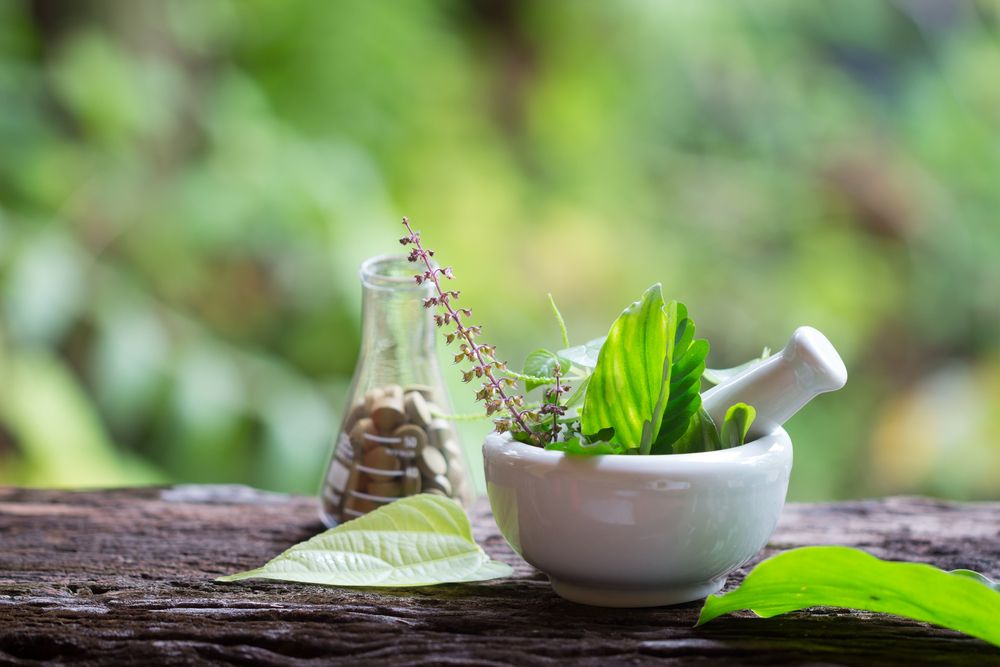
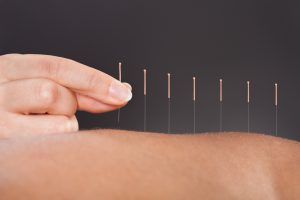
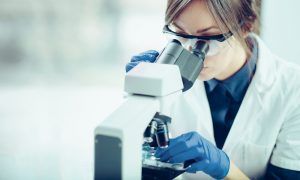 medicine
medicine